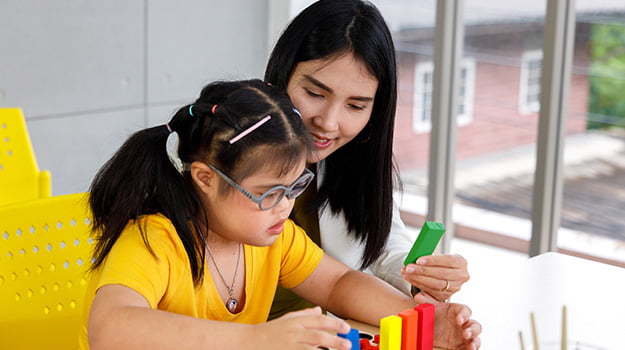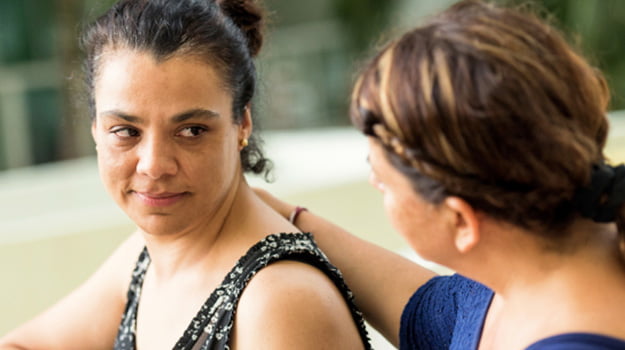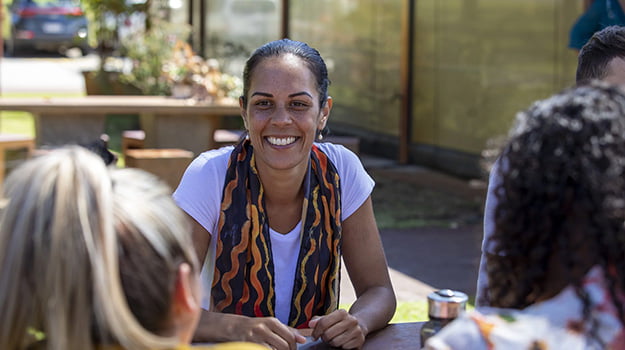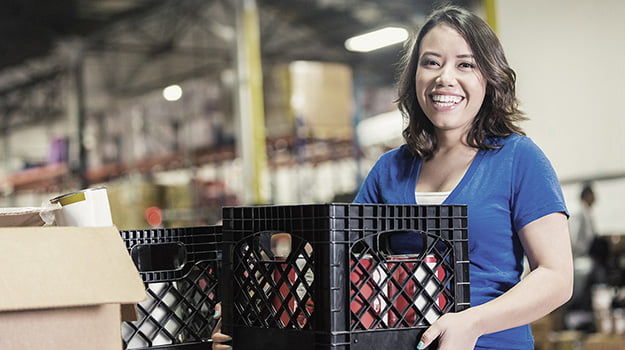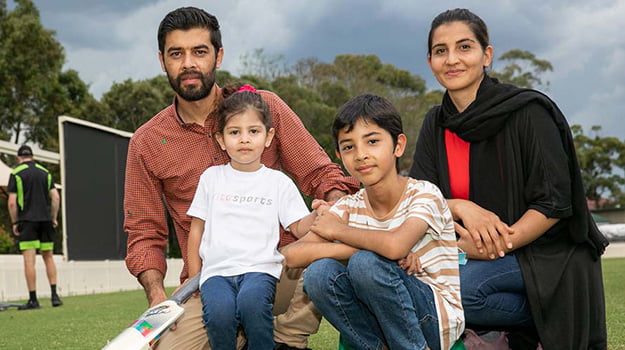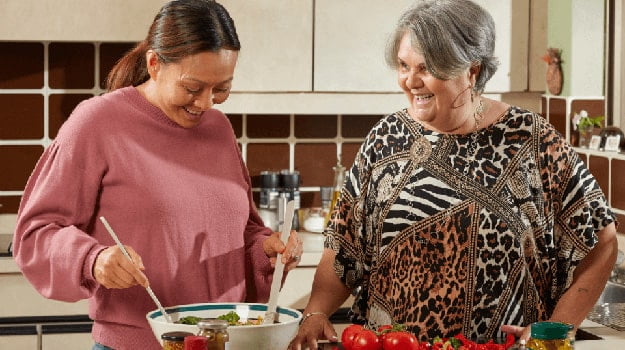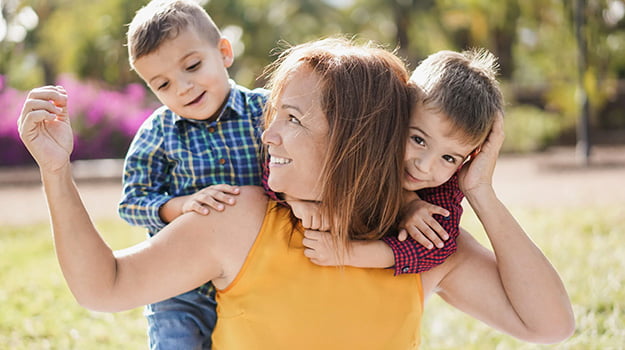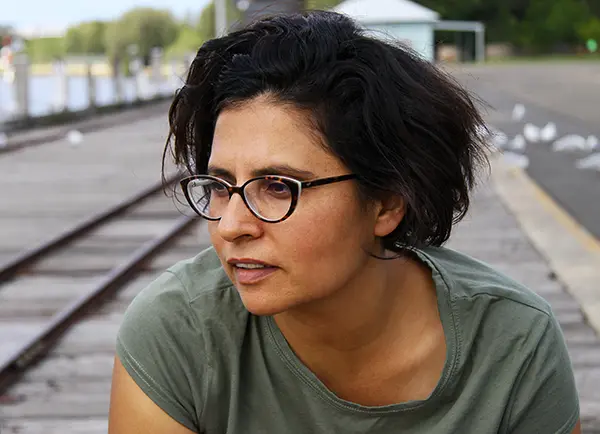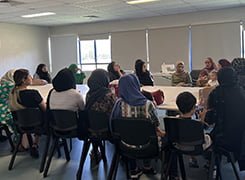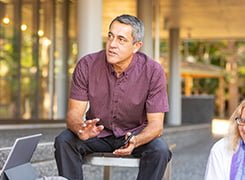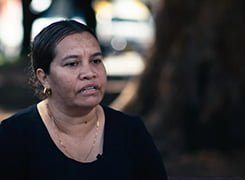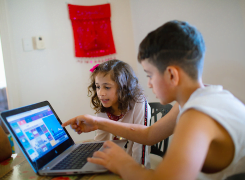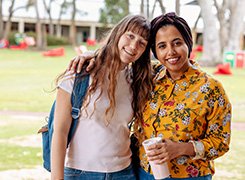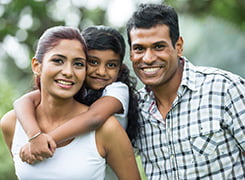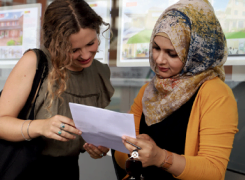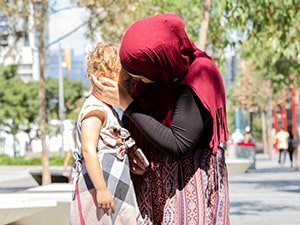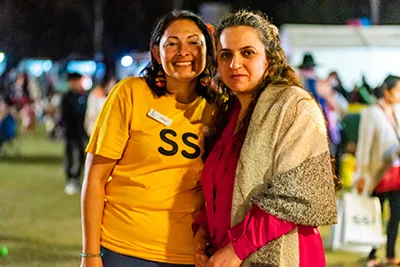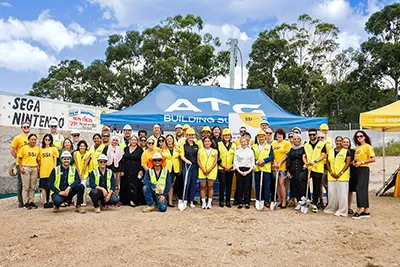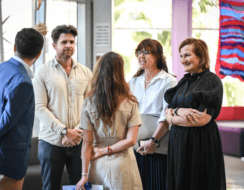15 Jun 2015
NewsNew refugee and asylum seeker kit
The main element of the Welcome to Sydney kit is a booklet that has been translated into the top four languages spoken by SSI refugee and asylum seeker clients: Arabic, Dari, Farsi and Tamil.
The booklet contains all the essential information that clients need on arrival and before their SSI orientation sessions begin.
It contains their case manager’s contact details; emergency contacts; a checklist of things they will need to do within the first two weeks after arrival; guides about safety in the home, tenants’ rights and responsibilities, paying household bills; tips on living on a budget; and an introduction to Australian law.
This booklet complements the information clients receive through SSI orientation sessions, and also from social support volunteers and through case management.
At the launch, SSI Manager Humanitarian Services David Keegan spoke about the importance of information provision. “SSI believes that equipping our clients with this type of information – through the Welcome to Sydney kit, orientation sessions, case management and with the help of social support volunteers – helps set them up well, so they’ll have a better settlement journey and make a more meaningful contribution to their new society,” Mr Keegan said.
SSI CEO Violet Roumeliotis pointed out that providing the right type of information and support to clients so that they can help themselves and become independent members of Australian society is the tenet of all of SSI’s services. “It’s a client-centred, strengths-based approach that we strongly believe in.”
Mr Albrecht praised the Welcome Kit, saying he wished he’d had a resource like this when he first arrived in Canberra.
He also spoke about some of the recent work of the UNHCR in this region, and said, “We have to remember the contribution refugees [make] if they are well supported and well informed in the early stages.”

